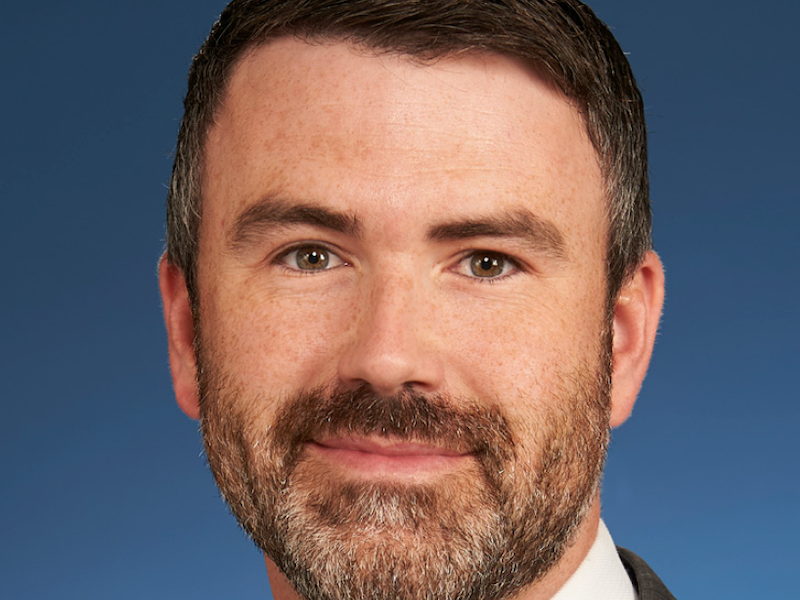

The Pension Investment Association of Canada is prioritizing the protection of employment-based pension coverage in 2023.
“Our members are concerned that well-intentioned regulatory changes, such as Bill C-228, may actually diminish employers’ support for pensions,” says Graeme Hay (pictured), the PIAC’s new chair and chief investment officer at Manitoba’s Teachers’ Retirement Allowances Fund, referring to a controversial bill that would give super-priority to plan members during defined benefit pension windups.
Since the bill received the support of parliamentarians from all parties in the House of Commons, preventing its passage will require the PIAC and other like-minded organizations to vote against it in the Senate. “We’re heartened that so many other business and professional societies have spoken out about the potential unintended consequences of Bill C-228,” says Hay. “This is a complex issue, but PIAC believes that there may be other funding reforms that can better protect pensions in the event of a bankruptcy.”
Read: ACPM’s top priority for 2023 is amending, blocking passage of pension super-priority bill
The Canadian pension sector is facing numerous investment challenges this year, he adds. “With respect to investments, persistently high levels of inflation, heightened geopolitical tensions, the lingering impact of [the coronavirus pandemic] on supply chains and the threat of a recession continue to be top of mind with our members. PIAC members are also focused on meeting their [environmental, social and governance] goals. This requires readily available, clear and consistent ESG-related data.”
Hay believes the challenges related to high inflation are exacerbated by the federal government’s decision to cancel its real return bond program, a move the association is seeking to see reversed. “Many of PIAC’s member organizations manage pensions that are indexed to inflation and, for a long time, real return bonds have been used to construct investment portfolios that are better able to offer that inflation protection.”
Hay, who was the PIAC’s vice-chair in 2022, took over as chair from Sean Hewitt, chief executive officer of the Toronto Transit Commission Pension Fund Society. Hewitt remains on the board as the past chair, replacing Natasha Trainor, vice-president of pension investment at Nav Canada.
Dave Lawson, vice-president of investment management at Telus Communications Inc., replaced Hay as the PIAC’s vice-chair. Grace Wong, senior portfolio manager of external portfolios at Canada Post Corp.’s pension plan, succeeds Gemma Gillis, senior manager of business management at the Investment Management Corp. of Ontario, as secretary-treasurer.
Antonietta Cicerone, managing director and head of enterprise risk and governance at the Canadian National Railway Co., and Daniel Hudgin, senior manager of pension investments at Emera Inc., also join the board as directors in 2023.
The PIAC’s returning directors are: Susan Golyak, director of ESG at the British Columbia Investment Management Corp.; Asif Haque, chief investment officer at the Colleges of Arts and Technology pension plan; Roman Kosarenko, senior director of pension investments at Loblaw Companies Ltd.; Katharine Preston, vice-president of sustainability at the Ontario Municipal Employees’ Retirement System; Francois Quinty, director of investment management at Via Rail Canada Inc.; and Cheryl Shea, director of pension assets and operations at Mercer Canada.
Read: PIAC calling on CSA to ensure consistency in climate disclosure regulations
